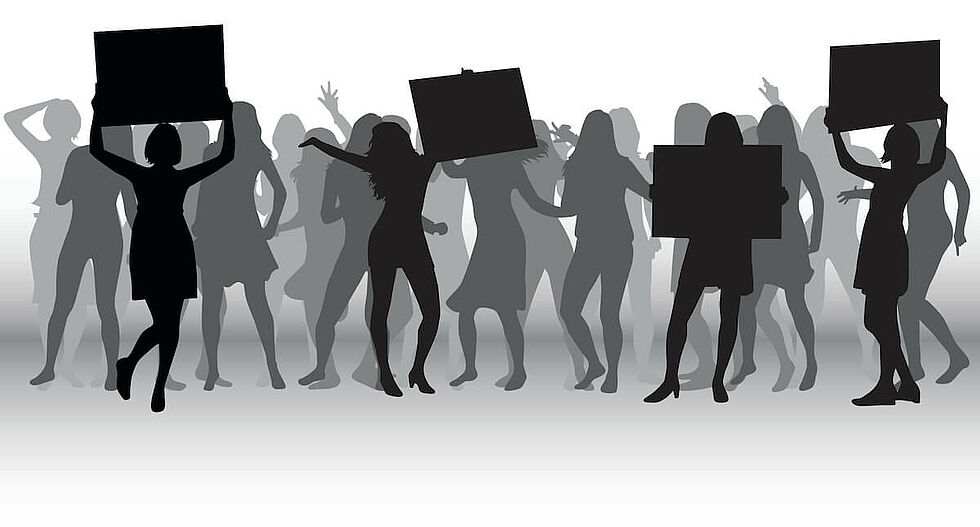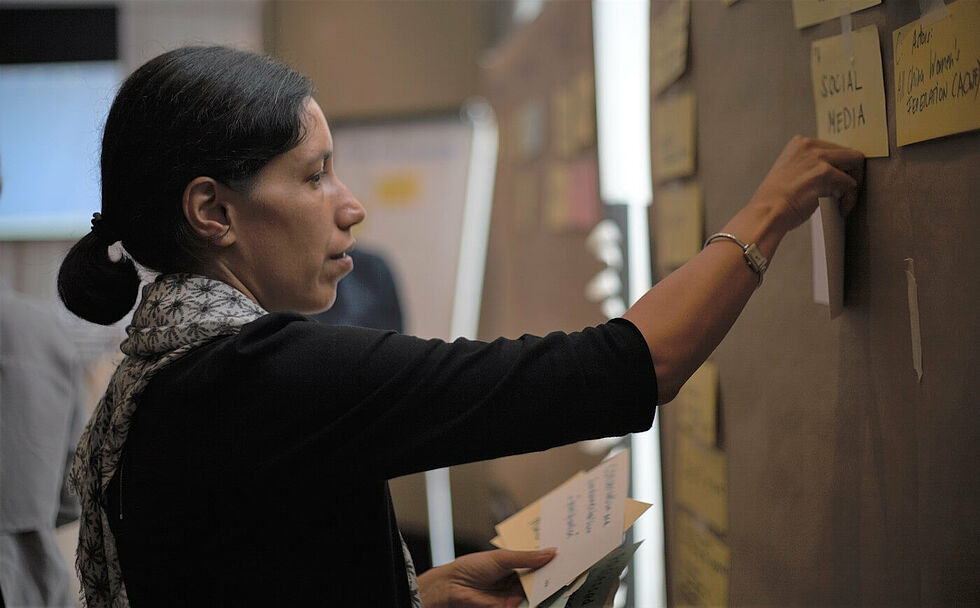November: feminism, gender equality and social democracy
An unlikely mix of anti-feminist sentiments and misogyny has been shaking the world. This demands a heightened attention for the future direction of progressive forces working on gender and inequality.
Over the past years, resurgent misogynist vocabulary has evoked memories of a perilous and not so distant national socialist past in Europe that galvanized division and conflict. We all know what that bore for the prospects of a democratic, free and socially just world in the first half of the twentieth century.
In the United States protests in urban centres continue to oppose a presidential candidate, now a president elect, whose campaign has emboldened those who prefer simplistic and objectifying remarks on women, gender relations and sexuality. Worldwide, across Europe, South America, the Middle East, Asia, and (to the surprise of some) Canada, trends of a "roll-back" can be observed, with policy proposals that continue to limit life choices for women..
These realities are accompanied by a tendency to declare feminism a “bogeywoman” and exclude feminism's historic contributions to self-determination and the mapping of intersecting lines of oppression. The accusations together with a widespread conflation in politics and in the media of the terms "feminism," "gender," and "woman" feeds the use of “gender ideology,” a downgrading code word for feminist demands which oppose a moralizing agenda and instead push for emancipation and social justice.
During the week of the FES congress on "More equality" in Berlin (in German), the second issue of FES Connect looks at discussions and activities on engaging feminist debates to reassert the political dimension in the work on gender equality of the Friedrich-Ebert-Stiftung.
Read on and engage!
Your FES Connect Editorial Team











